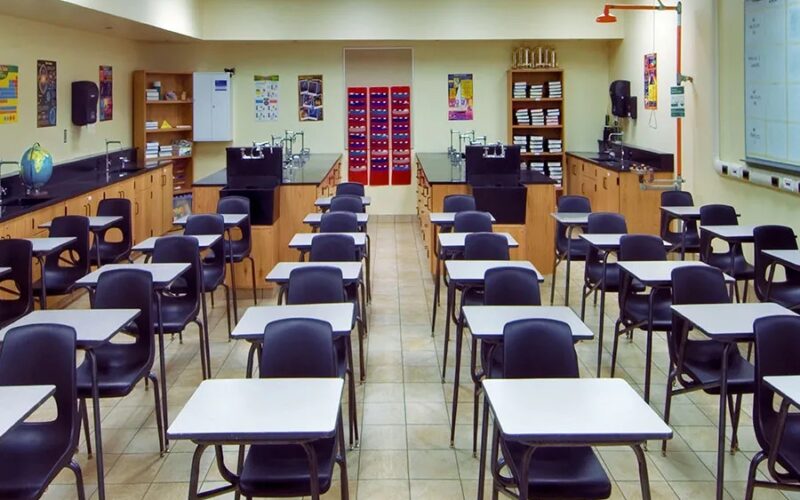Schools opened for the first term of 2025 on January 14, 2025. Recently, a School Development Committee (SDC) member at Emlonyeni Primary School in Lupane made headlines for locking the school gate over an undisclosed feud with the school head. This incident has raised questions about the roles and responsibilities of SDC members.
Which legislation governs SDCs in Zimbabwe?
In Zimbabwe, the legislation governing SDCs is primary the Education Act (Chapter:25:04). This Act outlines the establishment, roles, and functions of SDCs within school.
The Act empowers these committees to support and oversee the development of schools, ensuring that they meet the educational needs of students and adhere to government.
Section 36 (1) of the Education Act (Chapter 25:04) states that parents or guardians with children at any school shall constitute a School Parents Assembly.
“(2) The responsible authority of any registered school shall cause the School Parents Assembly to establish a School Development Committee,” reads the Act.
Section 36 (3) states that the composition, functions, duties, procedure and powers of the School Development Committee shall be as contained in the constitution of the School Parents Assembly: Provided that where the School Parents Assembly has not made a constitution satisfactory to the Minister, the composition, functions, duties, procedure and powers of the School Development Committee, shall be as pre- scribed.
Director of Communications and Advocacy in the Ministry of Primary and Secondary Education of Zimbabwe, Taungana Ndoro also added that SDCs hold significant authority to enhance and maintain school operations according to the Ministry’s regulations.
Ndoro listed the roles played by the SDCs in schools saying they can:
1. Preserve School Property: Take necessary actions to protect and maintain school facilities.
2. Hire Staff: With approval from the relevant authority, they can employ additional staff to meet the school’s needs.
3. Manage Finances: They may borrow money and accept grants or donations, again with the authority’s consent.
4. Allocate Funds: Use their financial resources to promote the school’s objectives.
5. Invest Wisely: Invest surplus funds as needed, following legal guidelines.
6. Insure Assets: Obtain insurance to safeguard school property.
7. Seek Expertise: Consult professionals for advice on various school matters.
8. Engage with Parents: Establish agreements with parents regarding fees and contributions.
9. Act in Best Interest: Undertake any actions deemed necessary for the school’s growth and benefit of its students and staff.
In essence, these committees play a vital role in ensuring the school thrives and meets the needs of its community.







